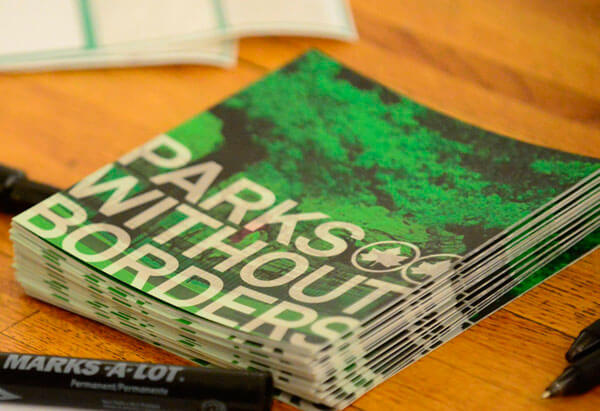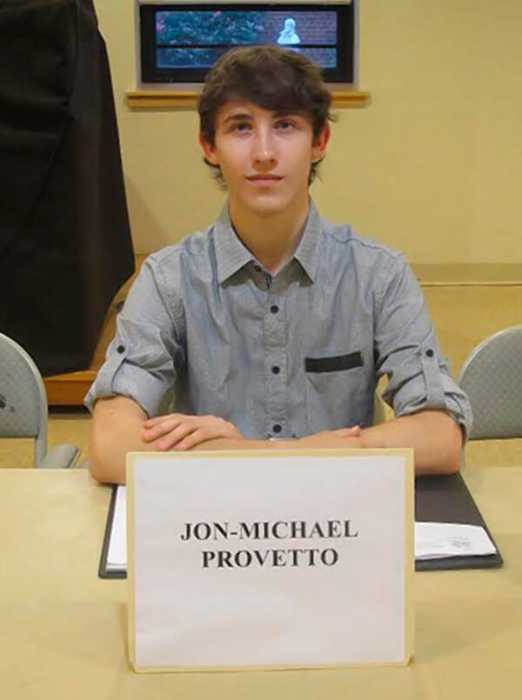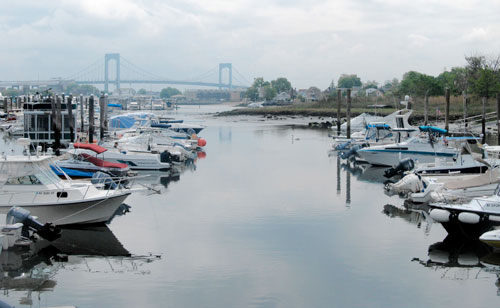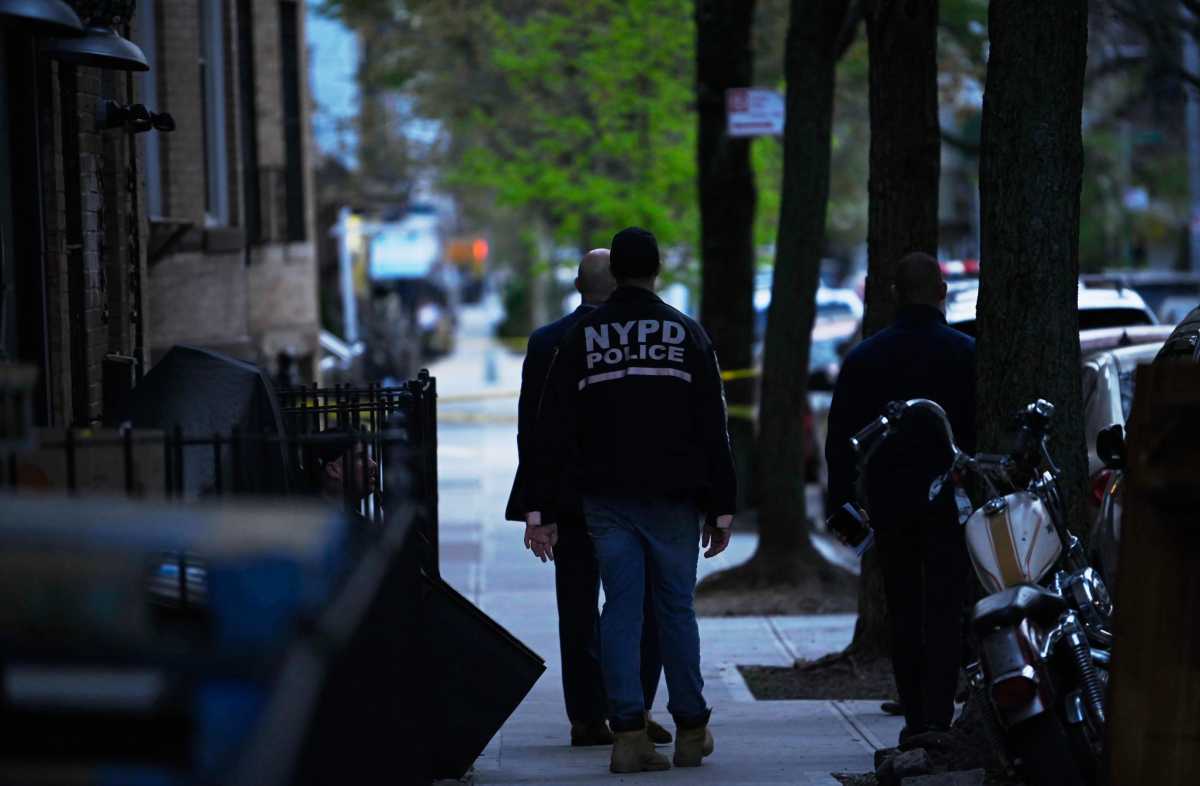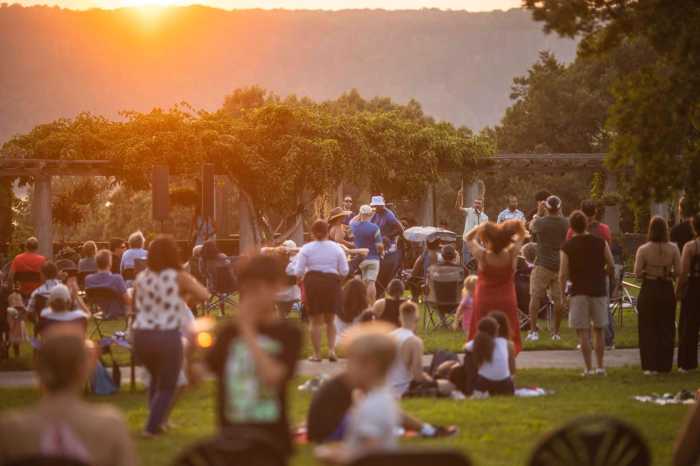The residents of the city overwhelmingly approved Ballot Proposal 2 and Ballot Proposal 3, okaying a civic engagement commission and imposing term limits on community board members on Tuesday, November 6, and already there is a backlash to the changes from the volunteers that serve on the boards, especially in the Bronx.
Once the new policy is enacted on Monday, April 1, 2019 all current and new community board members will be restricted to serve no more than either four or five consecutive, two-year terms on their respective boards. The two different terms will be applied in a case-by-case review.
So, essentially in the next 8 to 10 years community boards will have to clear house of all current volunteers and recruit new members.
Some boards in the Bronx already have difficulty finding an adequate number of involved residents to fill their ranks. Each board is supposed to have 50 members. Many do not.
City Hall proposed these term limits in an effort to promote diversity on the community boards using demographical factors such as age, race and sexual persuasion. Many boards do not see the city’s vision through that lens.
“It’s unfortunate it had to come to this,” said Community Board 12 district manager George Torres. His board, which represents the northern Bronx from Baychester to Woodlawn currently has 46 members; many of whom have tenure spanning well beyond the soon-to-be limited mark. “This could end up being devastating for CB 12,” the civil servant woefully said.
Torres went on to mention that his CB along with others in the Bronx are comprised of mainly older residents, something that the new term-limit policy would cut back on for the sake of inclusion.
“We don’t want to see half of the board just disappear,” he said.
Another CB 12 concern, as well as with other boards, is the city’s idea of ‘inclusion’ inadvertently enacting just the opposite.
“Boards that have a large amount of certain ethnic groups tend to represent the area’s overall population. To cut many of them out in the new policy won’t do the area any better,” Torres added.
Grievances with the new term limits aren’t limited to the north Bronx, though.
CB 5 chairman, Dr. Bola Omotosho is also opposed to the concept.
His board of 50 members that spans from south Fordham to Mount Hope is also made up of longtime members that now see that their days are numbered.
“I am a grassroots person and I think the mayor’s intentions are good, but I do not support this personally,” Omotosho said.
The 11-year incumbent chairman went on to explain why he supported the current rule by detailing the lengthy process the board went through to force the community’s perspective on the Jerome Avenue rezoning plan. The project was first announced in 2002.
“We had to be in their faces everyday to become a part of the rezoning procedure, we kept at it for years,” Omotosho said.
Being that CB5 has personally seen that it can take years of pressure to be recognized by the city, they have also spotted a flaw in the term limit concept.
“We would all have been forced to step down before any significant progress is made (on this housing plan) if our terms were limited,” said the 22-year board member.
In addition, both Omotosho and Torres expressed concerns of the concept reshaping the character of their communities, potentially for the worse.
“Give it time, in 20 years it will be a different community and there’s nothing we can do now,” Omotosho said. “The clock is ticking.”
The second ballot initative, Civic Engagement Commission allows the mayor to appoint a commission “to provide resources, assistance, and training related to land use and other matters to the board.”
This proposal goes hand-in-hand with the term-limits proposal. When the more knowledgeable members are forced to leave the community boards in the insuing years, mayoral personnel will command greater control over the board’s decision making process, according to those following the changes.


